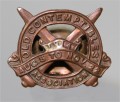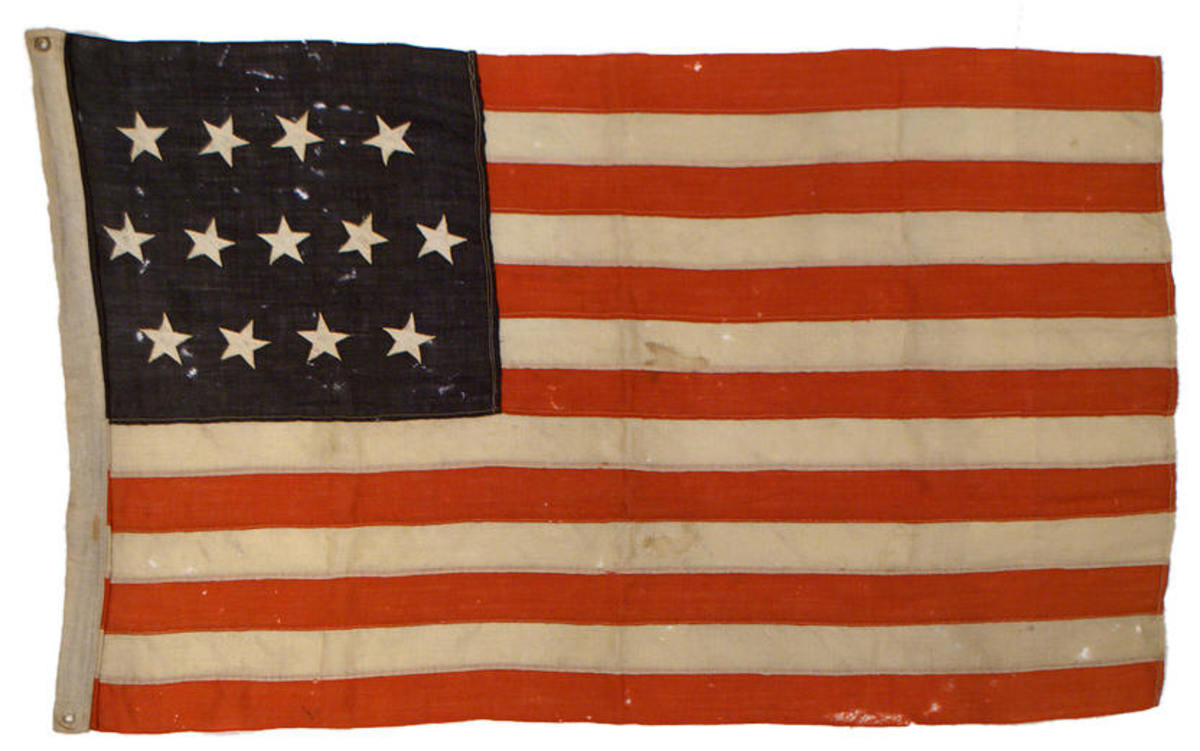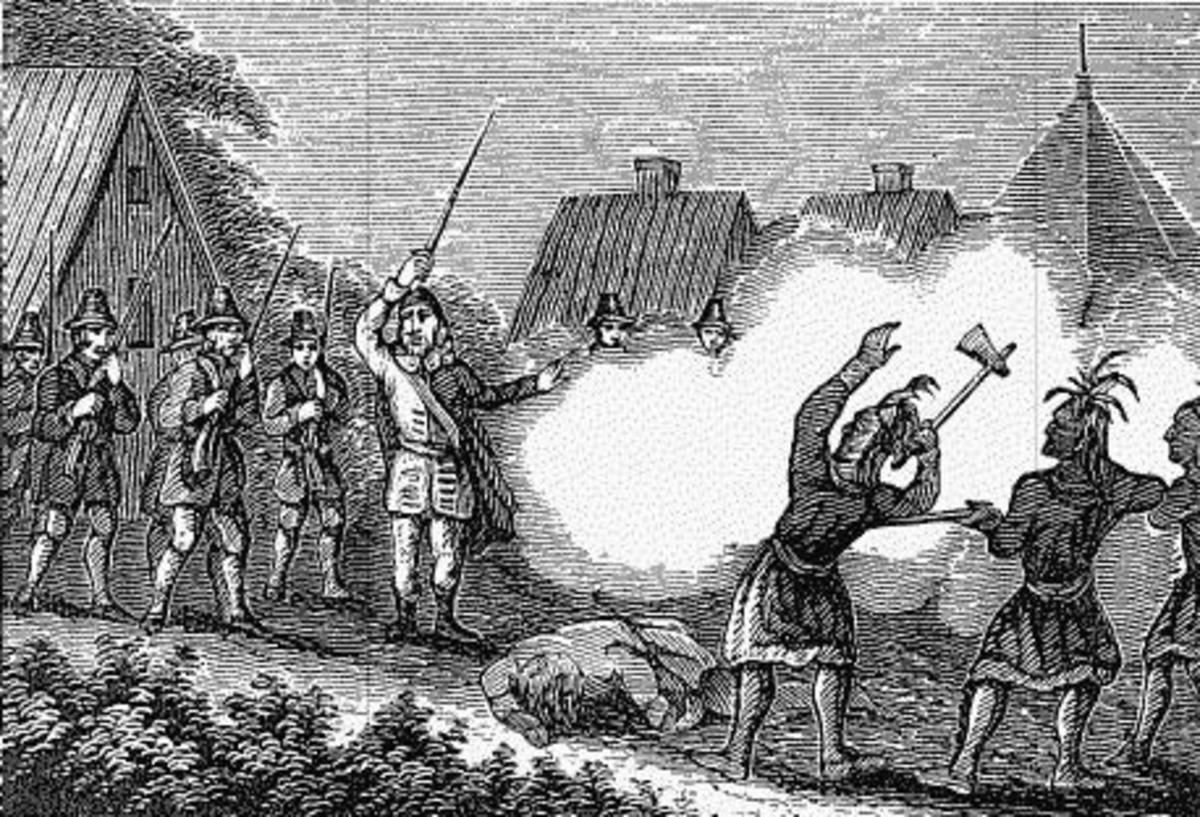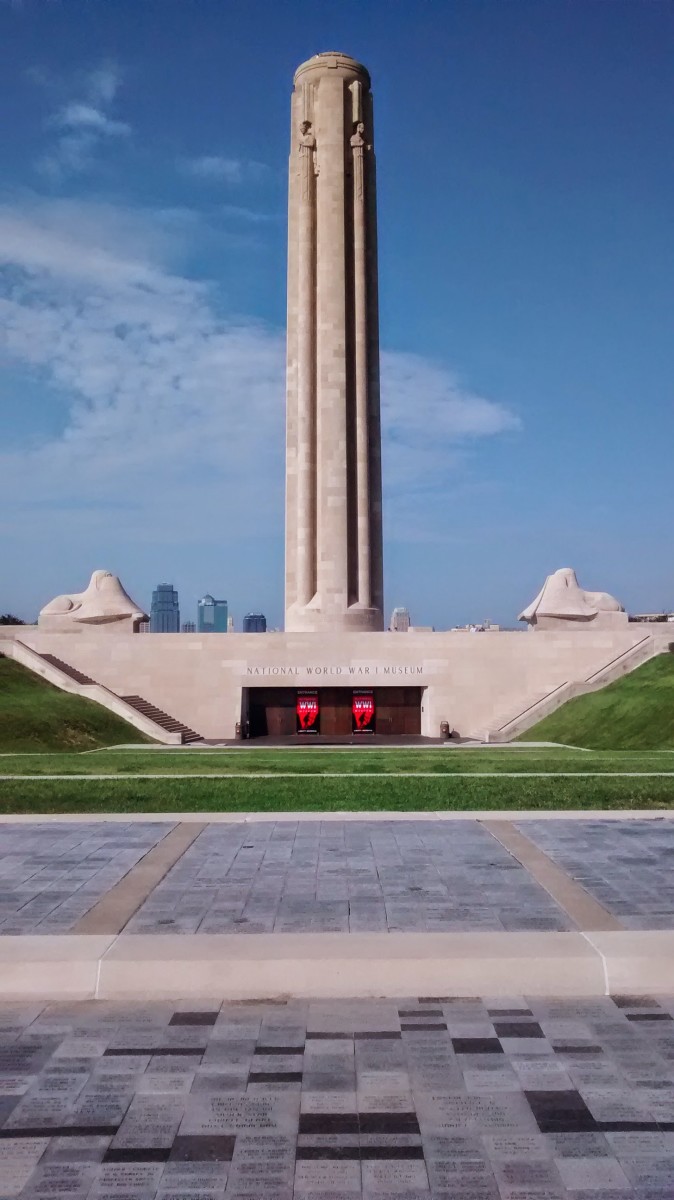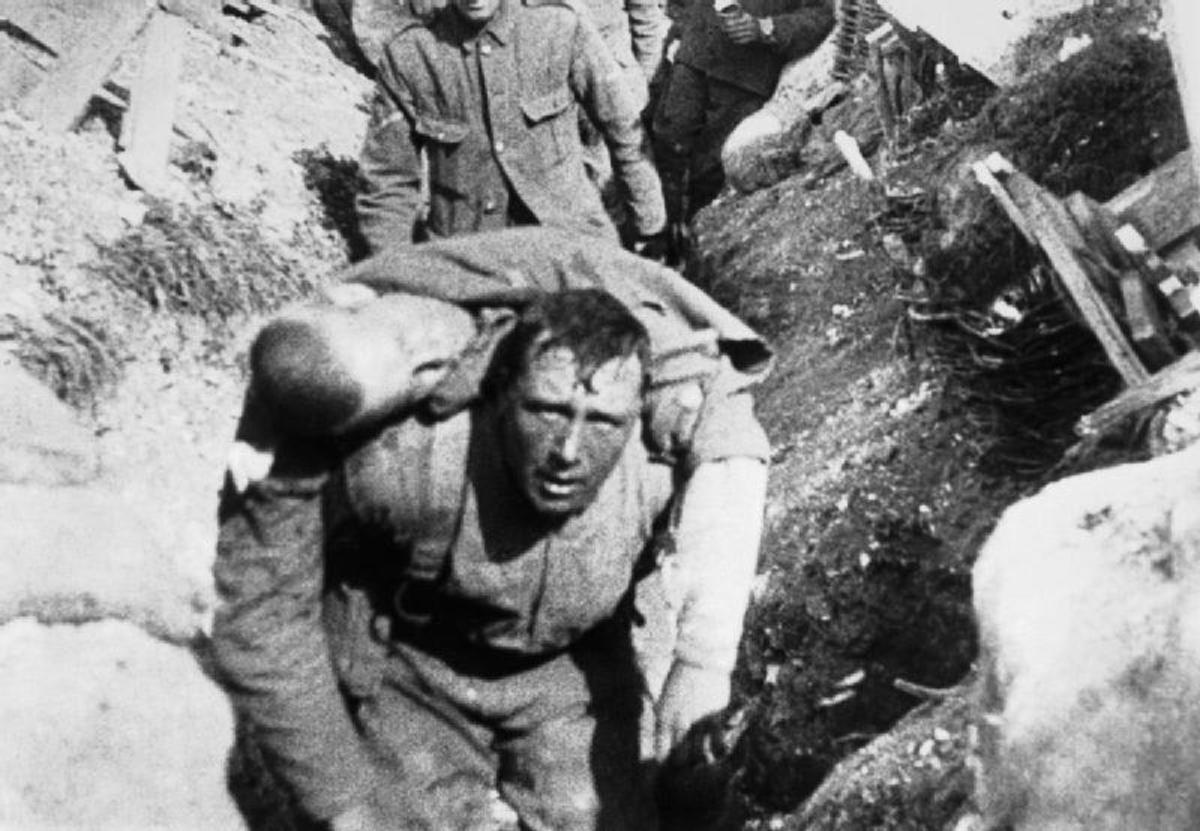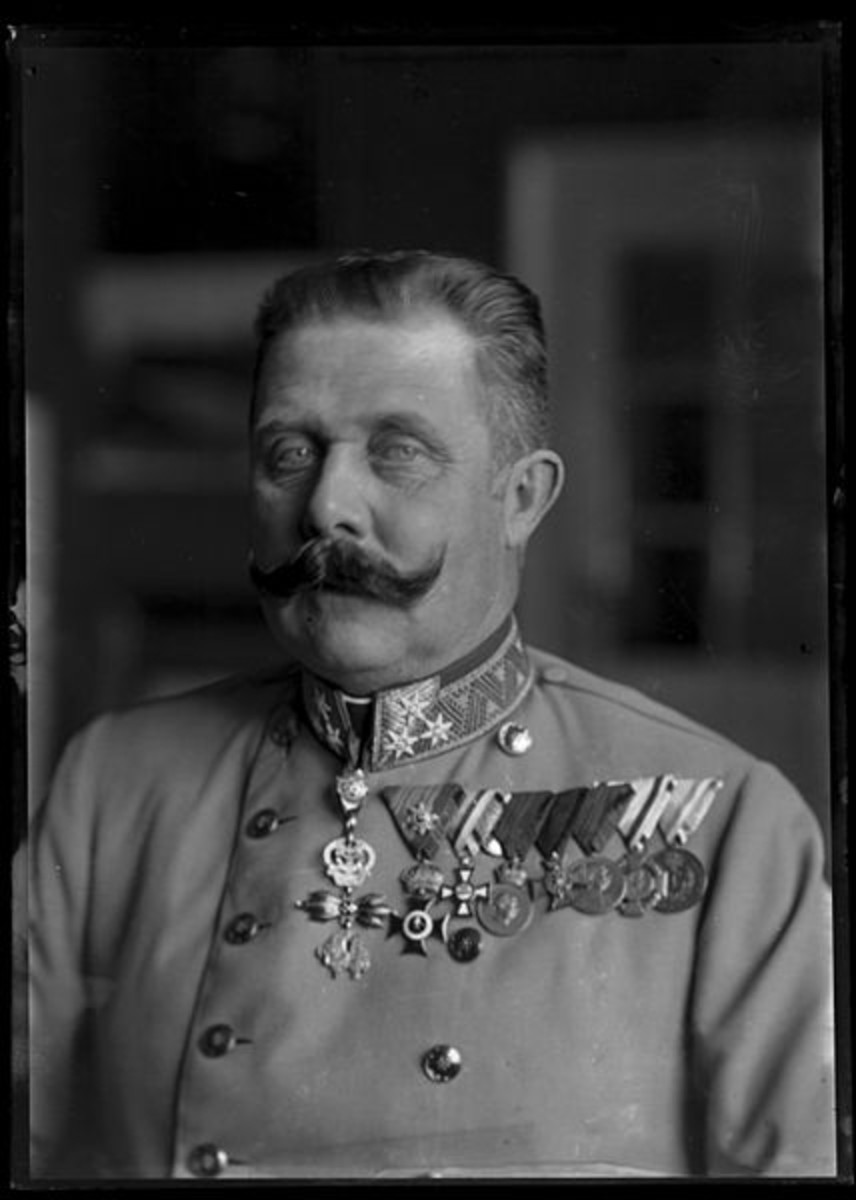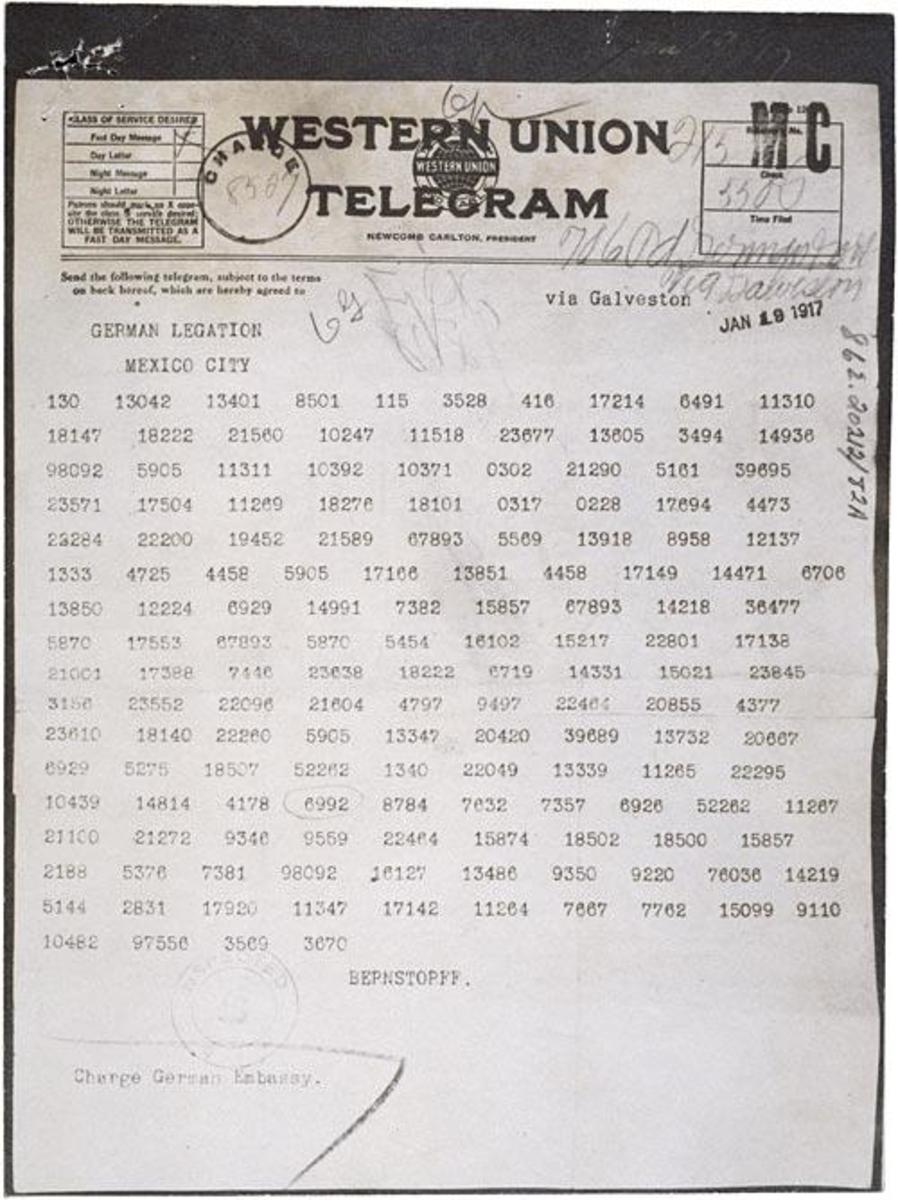- HubPages»
- Education and Science»
- History & Archaeology»
- History of the Modern Era»
- Twentieth Century History
How did the First World War affect the future world?
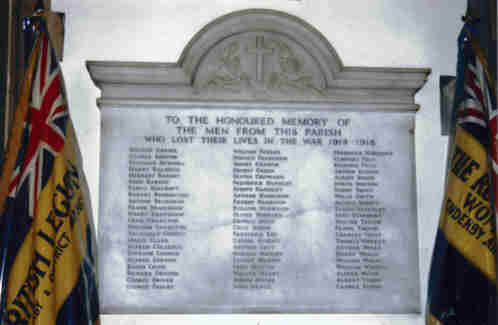
The Great War
To the average 21st century reader this article is about World War 1 or even the First World War, yet immediately after the war the descriptor used was the "Great war". This was a war experience without parallel- a war to end all wars. The numbers killed and maimed were huge, destruction on and off the battlefields was enormous and the cost was horrendous,financed by countries borrowing from each other and ultimately the United States of America. The war impacted on Europe, the United States became involved and Japan and spread into the South Atlantic and Pacific. Monarchs lost their thrones and empires were destroyed taking with it an established social order.
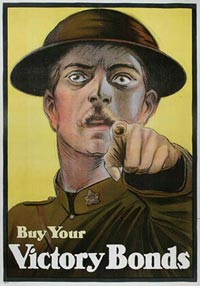
The Financial Cost
The cost of the war was enormous. It had not been possible to pay for the war out of taxation so countries resorted to loans. Great Britain, which was one of the strongest financially of the combatants paid only 28% of the war bill from general taxation. Some of the loans had been raised from the citizens of the country as war bonds with the government paying interest on them rather than the immediate repayment of capital.
All the Allied countries owed enormous sums of money to the United States. European countries, especially Great Britain had spent their overseas investments to pay for the war. Great Britain was still rich but its power was eclipsed by the United States as British industry was out-of-date and, as other countries in the world became industrialised there was less demand for British goods. The war accelerated the pace of this change.
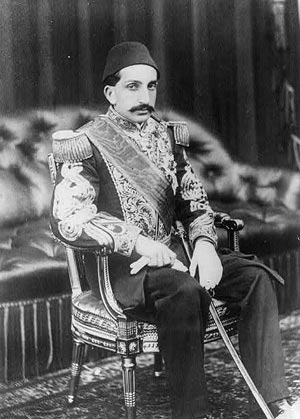
POLITICAL COST
Defeat brought political ruin to many European monarchs. The German Emperor lost his ancestral power,. The emperor of Austria and the Sultan of Turkey both lost their thrones as did the Emperor of Russia who also lost his life with the rest of his family. A measure of the total change is that before the war there were only 2 republics in Europe but after the "Great War" there were twelve. The great estates east of the River Elbe were broken up and hereditary power was destroyed. In Czechoslovakia and Romania there was land reform giving peasants rights to land. The loss of the monarchs meant that loyalties were transferred from allegiance to the King to allegiance to the state. The biggest change was the demise of the Hapsburg and Ottoman Empires which had existed for over 450 years.
The Allies "carved up" the former Ottoman Empire into colonies which were disguised as "mandates". France took Syria whilst Great Britain took the rest, stretching from Egypt to the frontiers of India. The 1919 settlement gave Britain the mandate in Palestine, A national home for the Jews was established in Palestine and the middle east became the key point of British Imperial Strategy. Over time Palestine developed from a national home to a national state in the middle of and using land from the Arab world. All current problems in Palestine stem from a settlement made over 90 years ago.
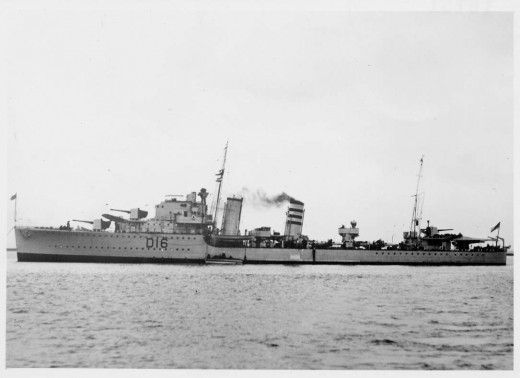
BRITANNIA no longer rules the waves
Before the war Britannia had ruled the waves. Great Britain was the supreme naval power with a vast navy and well trained men. After the war America challenged this superiority and by the Washington naval treaty the British surrendered their domination of the seas. Japan's allocation of ships was a third smaller than that of either the US or UK but they were concentrated in the Far East and as a result UK and US naval domination stopped at Singapore.
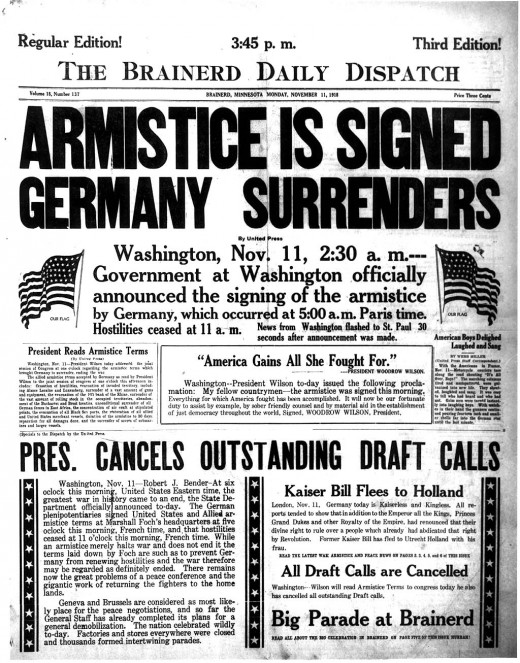
A war to end all wars
After the war it was believed that there would never be another war. The Great War had been "a war to end all wars". Slogans were used in every novel or military reminiscence "never again" and "no more war" was the theme. The League of Nations was set up minus the United States. It was an international group, a forum where countries had to account for any international actions that they undertook. The author H.G.Wells hoped that it would lead to a "United states of the world". It became a useful meeting ground for politicians and helped to forward International issues such as drug enforcement and the white slave trade. In 1928 the Kellog pact renounced war as an instrument of foreign policy which all major countries signed, but eleven years later the world was at war again.
Technological progress
There were some technological advances with the war. Railways were used ensuring that men and munitions reached their battle targets in quicker time and better condition. Tanks were used on the ground later in the war but still moved at the pace of the infantry . Despite the use of trains and tanks mist of the army functioned as if they were in the nineteenth century. Officers rode horses rather than motorised vehicles, supplies were brought from the rail heads by mule rather than by truck and communications were made by using long cables which often broke rather than by wireless technology.
Aeroplanes were used in the Great War sometimes giving useful information on battle and defence formations.There were battles in the skies amongst fliers of different sides but these duels to the death had no effect on the progress of the war. The planes did not bomb, they did not attack ground troops, they simply observed and fought each other.

Why did they do it?
AJP Taylor argued that the reasons for the war were "lost sight of" once it had started. An example of this is the Assassination of Archduke Franz Ferdinand. Austria-Hungary began the war as a reparation for the assassination. When they were conducting secret peace talks in 1917 absolutely no mention of the Assassination of Archduke Franz Ferdinand was made. All of the participants in the war found reasons to enter the war. It is unlikely that any of the reasons justified the loss that the countries sustained during the war. It has been said that the war was fought for its own sake and that the only way to stop it was for one side to win.

